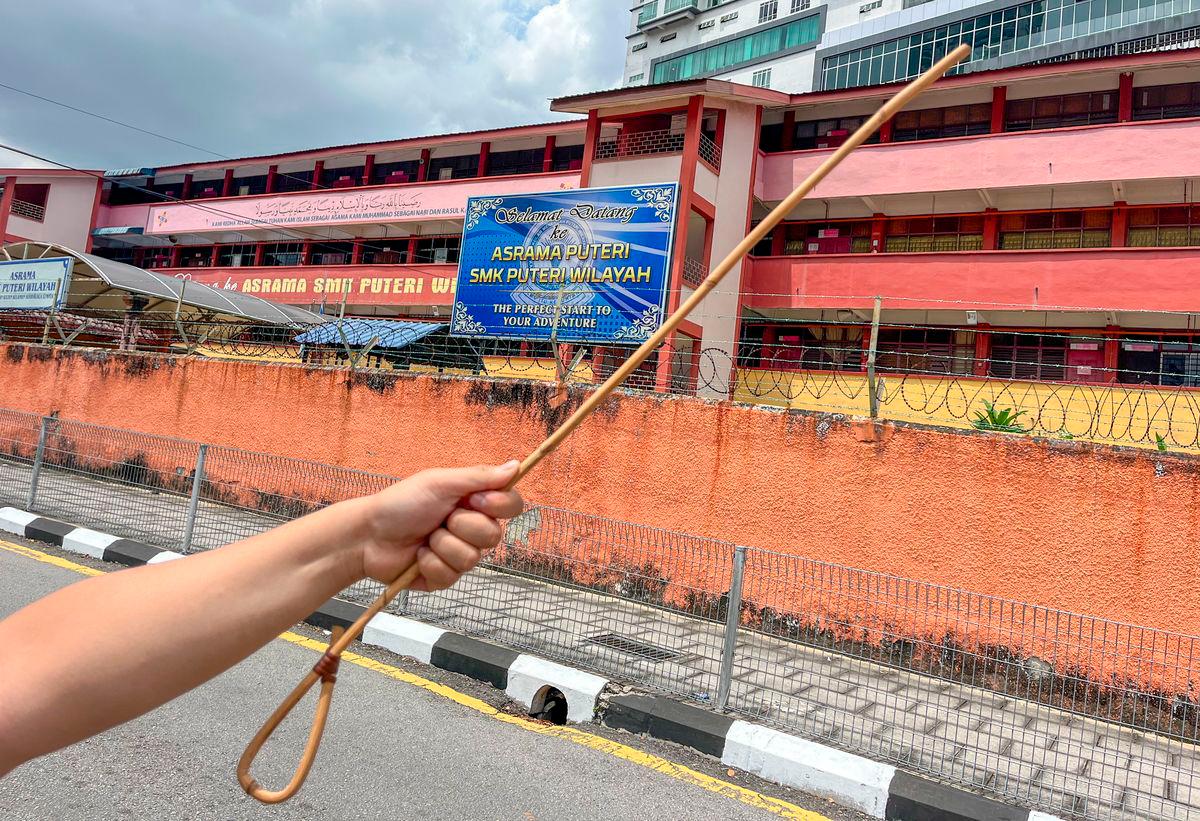PETALING JAYA: Hulu Terengganu MP Datuk Rosol Wahid has urged the government to reintroduce caning in schools to curb rising cases of bullying, arguing that it should be seen as corrective education rather than punishment.
Rosol said Islamic teachings emphasise corrective discipline, provided it does not cause harm.
“In the past, we were often caned and it taught us discipline. But today, whenever parents complain, the ministry sides with them. Teachers are losing their authority to educate,” he told the Dewan Rakyat yesterday.
He expressed concern over the Education Ministry’s handling of bullying, pointing to recent student deaths and accused it of appearing closed to outside views.
The law maker also criticised the government’s initial resistance to appointing retired soldiers and policemen as wardens, despite the practice already being in place at Mara junior science colleges.
“Our children are the nation’s future leaders. If we fail to address this now, the country’s future is at risk.”
Rosol stressed that not all students learn the same way and teachers need different approaches, adding: “Islam itself stresses educating without causing harm.”
He also linked bullying to violent content in films and series on streaming platforms such as Netflix.
The debate over corporal punishment is not new. For decades, the cane symbolised the proverb – spare the rod, spoil the child – but critics say its time has passed.
Experts, including Universiti Kebangsaan Malaysia senior lecturer Dr Anuar Ahmad had told theSun in February that caning is outdated and harmful. Corporal punishment, he said, does not instil discipline, adding that it will only create fear that can lead to stress, depression and long-term psychological issues.
Students who are frequently caned may grow up believing physical violence is the answer to their problems, he said.
He also noted that many misbehave despite repeated caning and research shows children exposed to frequent beatings are more likely to use violence as adults. Instead, he urged early intervention and guidance.
A teacher from SJK (T) Vivekananda, Thenmoly Rajan shared a more nuanced view with theSun earlier this year. While she acknowledged caning once worked for some students, she said its effects today are largely negative.
She said for some it works, but for others it creates fear and resentment, adding that firm instructions and consistent interaction with students usually suffice.
She regularly checks on her students’ well-being, believing emotional support is key. While she sees counselling as useful for secondary students, she is less convinced of its effectiveness for younger children.
Still, she noted that even parents who oppose caning expect teachers to maintain discipline.









